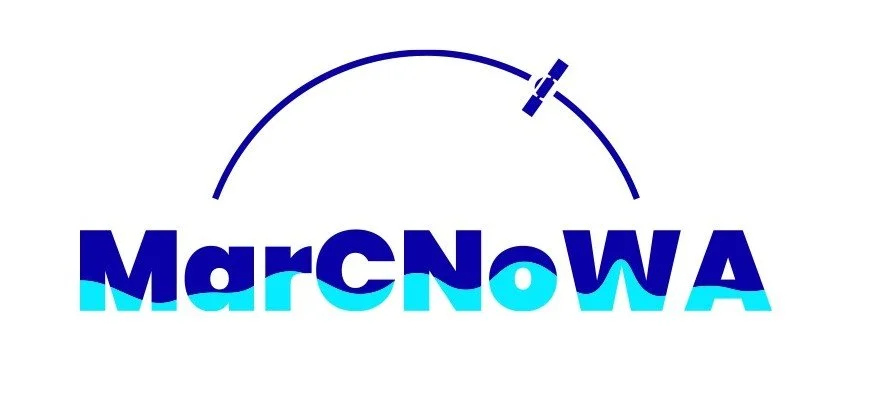MarCNoWA expands Earth Observation Expertise to Ziguinchor and Kafountine
Following the promising results of the first phase of the GMES & Africa project in Petite Côte, Dakar, and the Saloum Islands, the initiative has now extended its activities to Ziguinchor and Kafountine in the Casamance region of Senegal. These areas, rich in biodiversity yet increasingly impacted by challenges such as overfishing and climate change, are set to benefit significantly from the adoption of Earth Observation (EO) tools.
Under the leadership of the Senegalese Institute of Agricultural Research (ISRA), through its Centre de Recherches Océanographiques de Dakar-Thiaroye (CRODT), this project marks a key milestone in utilising EO technologies to address critical environmental and socio-economic challenges in the fisheries sector.
From 5 to 9 December 2024, a team from CRODT, in collaboration with the Directorate of Maritime Fisheries, carried out a sensitisation and engagement mission to Ziguinchor and Kafountine. Led by Project Coordinator Dr. Ndiaga Thiam, the mission facilitated productive exchanges with local stakeholders, including fishermen, fish processors, and regional authorities.
The discussions highlighted pressing issues such as the depletion of fishery resources, unsustainable management practices, and illegal, unreported, and unregulated (IUU) fishing. These challenges are often exacerbated by the lack of reliable data, a gap that GMES & Africa aims to bridge through the deployment of advanced EO tools and services.
Key moments of the mission included meetings in Ziguinchor with fisheries stakeholders, regional inspectors, CPLP representatives, and discussions with the Deputy Mayor and his team. In Kafountine, strategic engagements focused on exploring the practical applications of EO tools for local resource management.
The GMES & Africa programme, a joint initiative of the European Union (EU) and the African Union (AU), builds on the legacy of AMESD and MESA projects, which laid the groundwork for EO data usage in Africa. By improving access, utilisation, and dissemination of EO data, this phase focuses on fostering sustainable marine and coastal resource management while enhancing resilience to climate change.
Coordinated by regional centres such as the University of Ghana and covering 18 coastal countries in North and West Africa—including Senegal, Gambia, Ghana, Morocco, Tunisia, and others—the project provides critical EO-based services such as mapping potential fishing zones and maritime traffic, monitoring and forecasting oceanographic variables, disseminating SMS alerts on ocean conditions, oil spill monitoring, coastal vulnerability assessment, and ecosystem and habitat mapping.
Through this initiative, decision-makers gain access to reliable EO data, enabling them to adopt informed strategies for managing marine and coastal resources sustainably.
The engagements in Ziguinchor and Kafountine have not only strengthened local awareness but also laid the foundation for collaborative, data-driven solutions to tackle the region’s pressing environmental challenges.
Watch highlights from the mission here.


